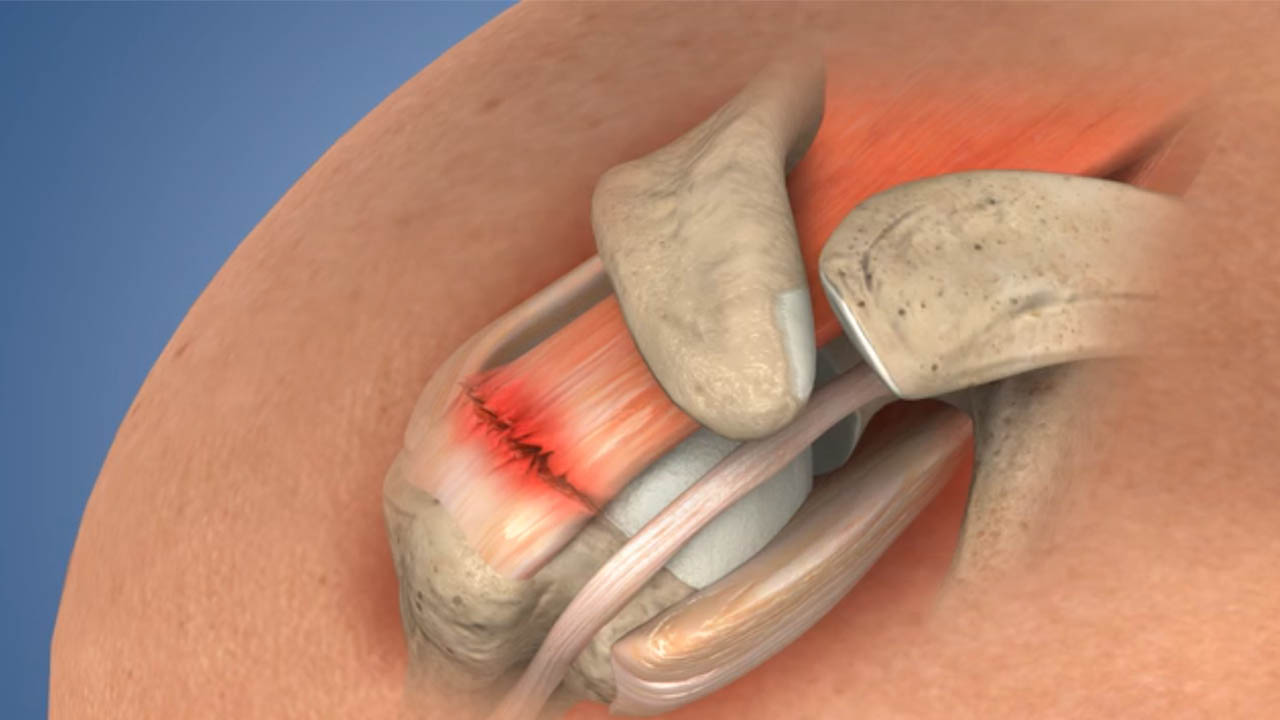
What Is Rotator Cuff Surgery and When Is It Needed?
Shoulder pain can be frustrating, especially when it starts interfering with daily tasks like reaching overhead, lifting, or even sleeping. In many cases, this discomfort may be related to a torn rotator cuff. While some rotator cuff injuries can be treated without surgery, others require a more advanced approach to restore strength and mobility.
If you’ve been told you have a rotator cuff tear, understanding what rotator cuff surgery involves and when it’s necessary can help you make informed decisions about your care.
Table of Contents
What Is the Rotator Cuff?
The rotator cuff is a group of four muscles and tendons that stabilize the shoulder joint and allow you to lift, rotate, and move your arm. These tendons connect the muscles to the top of the arm bone, helping control the shoulder’s complex movements.
Rotator cuff injuries often occur due to overuse, repetitive motion, age-related wear and tear, or sudden trauma such as a fall. When the tendon becomes frayed or torn, it can cause weakness, pain, limited motion, and sometimes even shoulder instability.
What Is Rotator Cuff Surgery?
Rotator cuff surgery is a procedure that repairs torn tendons in the shoulder. It typically involves reattaching the tendon to the head of the upper arm bone (humerus). The goal is to reduce pain, restore function, and prevent further damage.
The surgery can be performed using different techniques:
- Arthroscopic surgery: A minimally invasive method that uses small incisions and a camera to guide the repair.
- Mini-open repair: Combines arthroscopy with a small open incision.
- Open surgery: Used in more complex cases, involving a larger incision to access the tendon.
Your surgeon will determine the best approach based on the size and severity of the tear, as well as your overall health and activity level.
When Is Rotator Cuff Surgery Needed?
Surgery is not always the first option. Many people with mild to moderate tears benefit from rest, physical therapy, anti-inflammatory medications, and steroid injections. However, surgery may be necessary if:
- The tear is large or complete
- Symptoms persist despite several months of non-surgical treatment
- You have significant weakness or loss of shoulder function
- The injury affects your ability to work, play sports, or perform everyday tasks
- You’re active and want to return to higher levels of physical activity
Delaying surgery in cases of large or worsening tears can lead to muscle atrophy and make future repair more difficult.
What to Expect After Surgery
Recovery after rotator cuff surgery takes time and commitment. You may need to wear a sling for a few weeks, followed by several months of physical therapy. Full recovery can take anywhere from 4 to 6 months or more, depending on the size of the tear and your dedication to rehabilitation.
Early movement, guided by your care team, is key to regaining strength and range of motion without re-injuring the shoulder.
Get Help from a Shoulder Specialist
If you’re dealing with ongoing shoulder pain, weakness, or limited mobility, it’s time to get it checked out. Dr. Gregory Drake, a rotator cuff surgeon in Chicago, specializes in diagnosing and treating shoulder injuries with personalized care and surgical expertise. Whether your tear is new or you’ve been managing symptoms for a while, professional evaluation is the first step toward recovery.
Understanding your options and acting early can make a big difference in your long-term shoulder health. If surgery is recommended, rest assured that advances in technique and rehabilitation can help you get back to the activities you enjoy.








